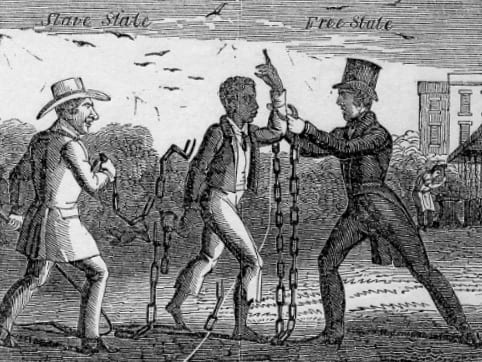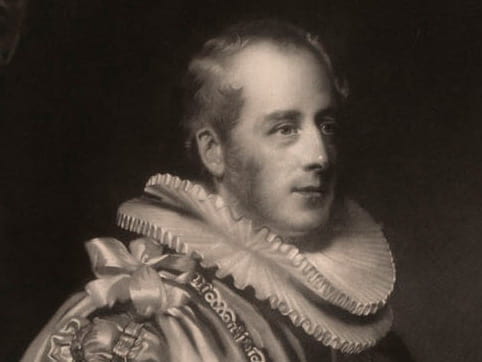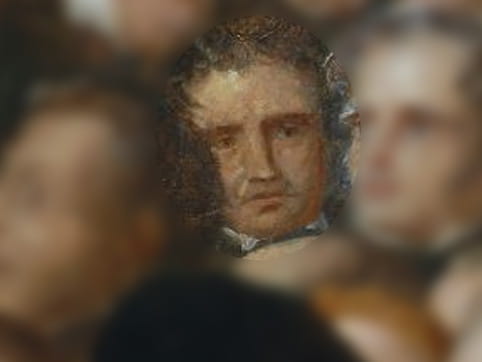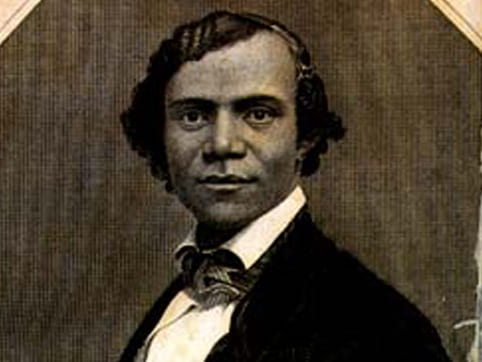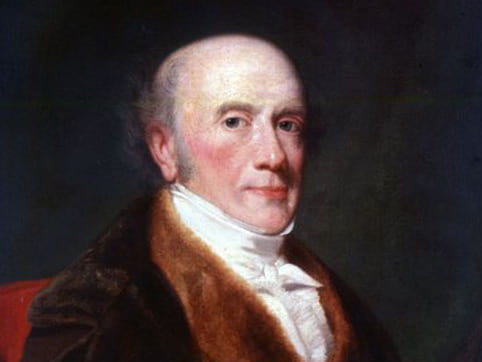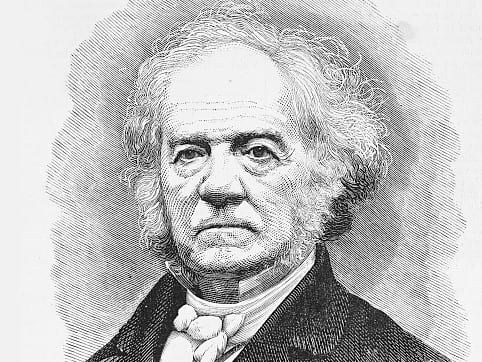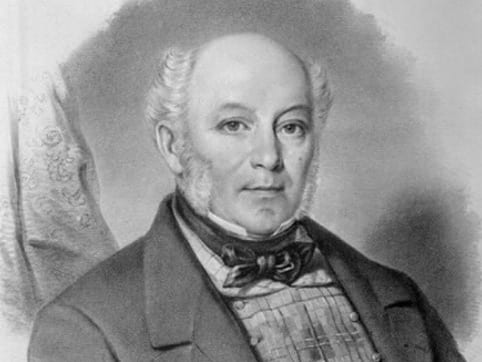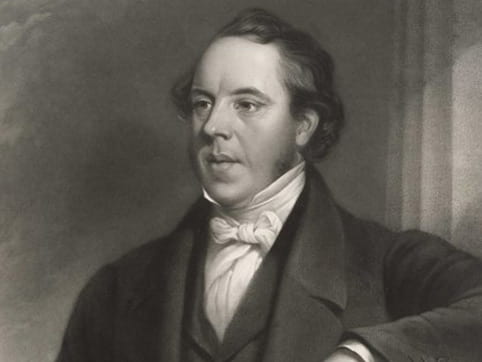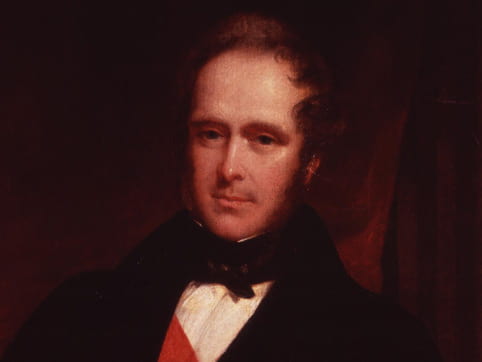Hiram Wilson
Hiram Wilson, an abolitionist and an American Reverend ministering to Toronto’s fugitive population, visited Hackett at Sandwich and noted that he was being treated with “unusual leniency” and given the run of the yard. Hackett, according to Wilson, never contemplated an escape, believing that Canadian authorities would release him rather than return him to Arkansas.
He concluded that he was confident that moving forward Canadian officials “will look deeply in the matter before another Hackett case will ever occur.”
The Players
Nelson Hackett
An escaped slave who fled to Canada only to be captured and brought back to Arkansas.
Alfred Wallace
The man who claimed to own Nelson Hackett and accused him of stealing a race horse, saddle, coat, 100 £ ($500) in silver and gold coin, and a watch.
Sir Charles Bagot
Soon after assuming office, Governor General Sir Charles Bagot made the decision to send Nelson Hackett back to Arkansas on charges of theft.
Charles Stewart
Abolitionist and attorney who had been one of the founding officers of the Detroit Anti-Slavery Society and who interviewed Nelson Hackett when he was held in Detroit.
Henry Bibb
Henry Bibb, one of the leaders of Detroit’s Colored Vigilant Committee, helped mobilize support for Nelson Hackett.
Daniel Webster
As United States secretary of state, Daniel Webster negotiated the Webster-Ashburton Treaty in 1842.
Lewis Tappan
Lewis Tappan led the American abolitionist effort to amend the Webster-Ashburton Treaty.
Sir Allan Napier MacNab
Sir Allan Napier MacNab presented “Address of the Colored People of Hamilton,” which protested Nelson Hackett’s return to Arkansas, to Queen Victoria and Prince Albert.
Thomas Clarkson
Thomas Clarkson fought to abolish slavery in the British Empire and the international slave trade before turning his attention to Nelson Hackett and the Webster-Ashburton Treaty.
Viscount Palmerston
Viscount Palmerston led the effort in the House of Commons to amend the Webster-Ashburton Treaty to protect fugitives from slavery from extradition.
